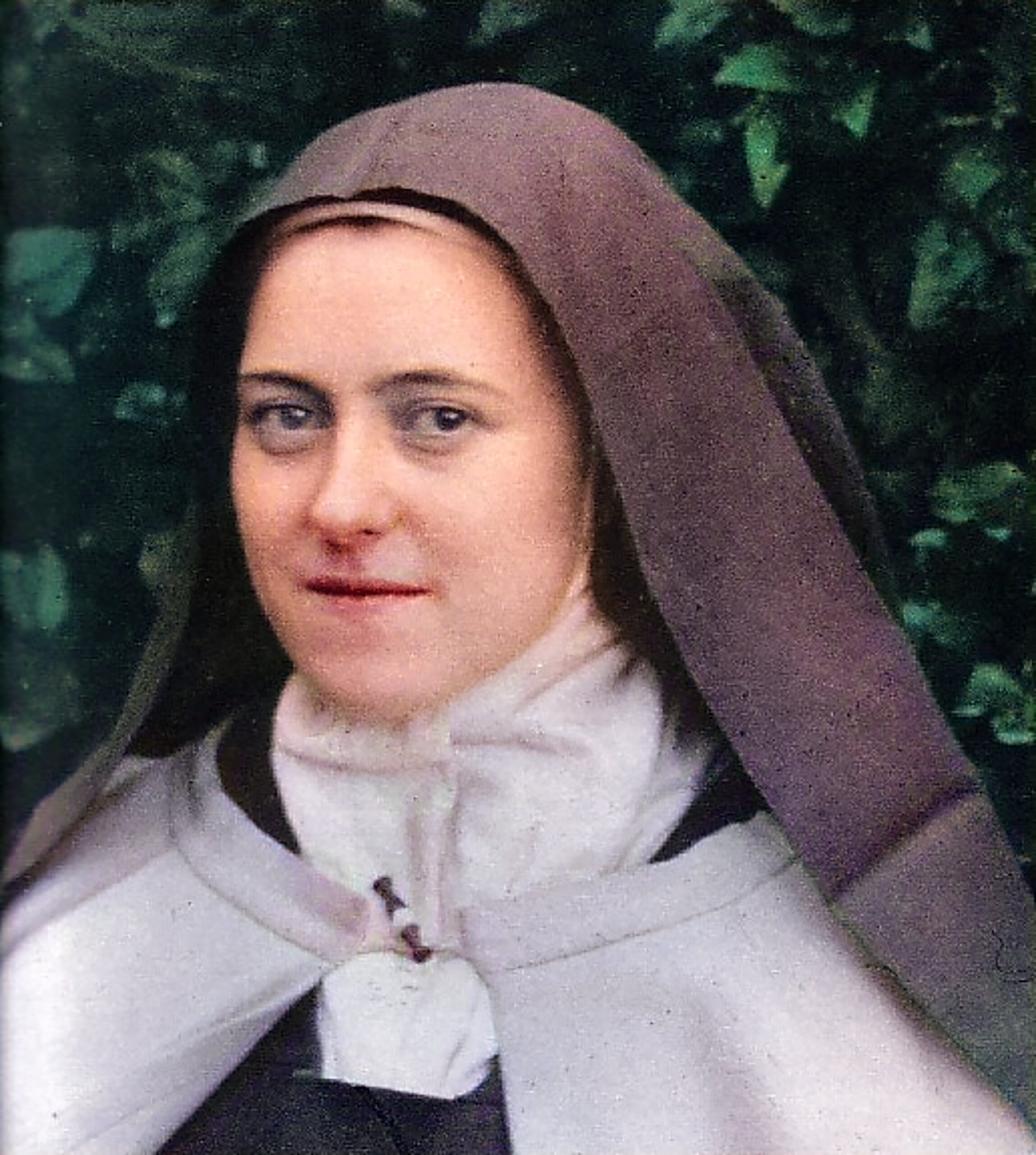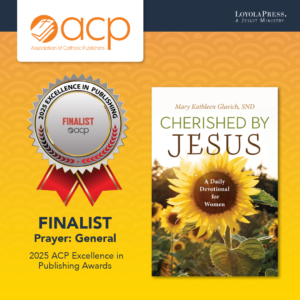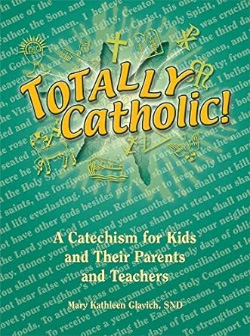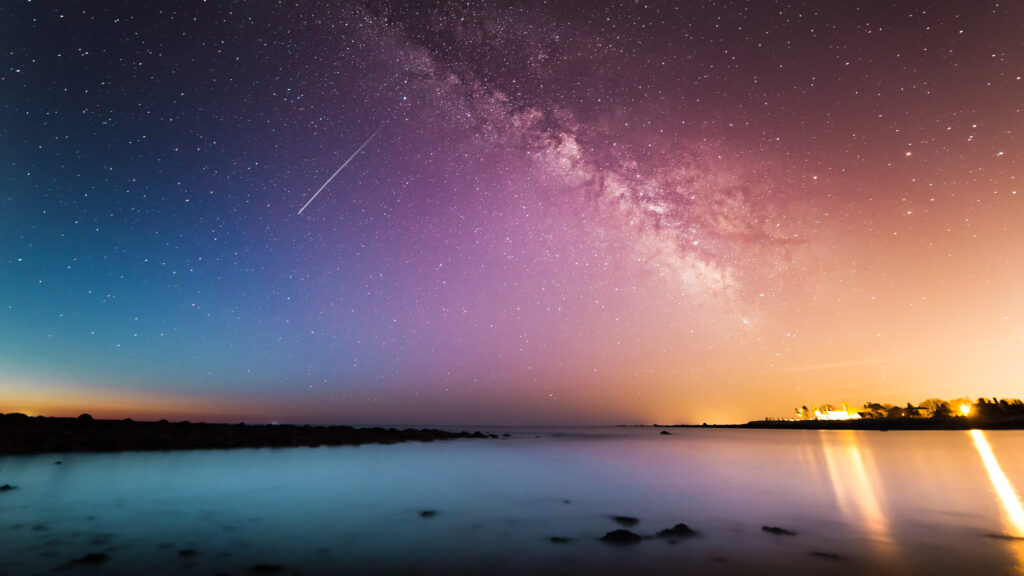
The Perseid meteor shower peaked on Sunday night before dawn. At 12:30 p.m. our skies were too cloudy to view it. I set my alarm for what I thought was right before dawn. Sadly, when I it went off, it was already dawn. The sky was a soft blue instead of black, and there was a gentle orange glow hemming the horizon all around and two bright stars were still shining. This was a beautiful sight, but I had missed the awesome phenomenon.
Years ago, I had seen the Leonid shower when I lived at Notre Dame College. I stood standing, staring up with my head supported by its brick wall. I counted 86 meteors before tiring and leaving. Another Sister, smarter than me, was viewing the shower from the comfort of a long lawn chair.
My Experience with Stars

I recall how proud I was as a child when I finally mastered drawing a star, you know, the kind with five points. I was also proud whenever I found a star drawn or stuck on to one of my school papers.
Bing Crosby’s song “Swinging on a Star” was in my repertoire, and I was taught this nursery rhyme to say on spotting the first star:
Star light, star bright,
First star I see tonight;
I wish I may, I wish I might
Have the wish I wish tonight.
In the sixth grade, for doing well on a test, I was given a book about constellations, which I treasured.
My most memorable star event occurred when I was riding in a van to Laredo, Texas. During one stretch there were no lights, so it was pitch black. Above us, the sky sparkled with thousands of stars. I could understand how people thought heaven was “up.” And how long ago people worshipped stars as gods. Today, horoscopes are based on the stars, moon, and planets, because people assume they have power to foretell our future.
Stars Twinkling in Scripture
In Genesis, on the fourth day of creation God set lights in the sky, including stars. Psalm 147:4 tells us that God determines the number of stars and gives them their names. The next psalm tells the shining stars to praise God. The three men in the fiery furnace tell the stars of heaven to bless the Lord.
God compares the number of descendants Abraham will have to the number of stars in the sky.
Daniel 12:3 says that those who lead many to righteousness will shine like the stars forever and ever.
During the Easter Vigil, in the reading from Baruch we hear in this delightful description of God: He is the One “before whom the stars at their posts shine and rejoice; when he calls them they answer, ‘Here we are!’ shining with joy for their Maker.”
St. Francis of Assisi in his Canticle of Creation praises God for the stars, which he has has “set shining and lovely in the heavens.”
Of course, the most famous star of all is the one who led the three wise men from the East to Bethlehem. In the Christmas carol we sing,
“O Star of wonder, star of night
Star with royal beauty bright
Westward leading, still proceeding
Guide us to thy Perfect Light.”
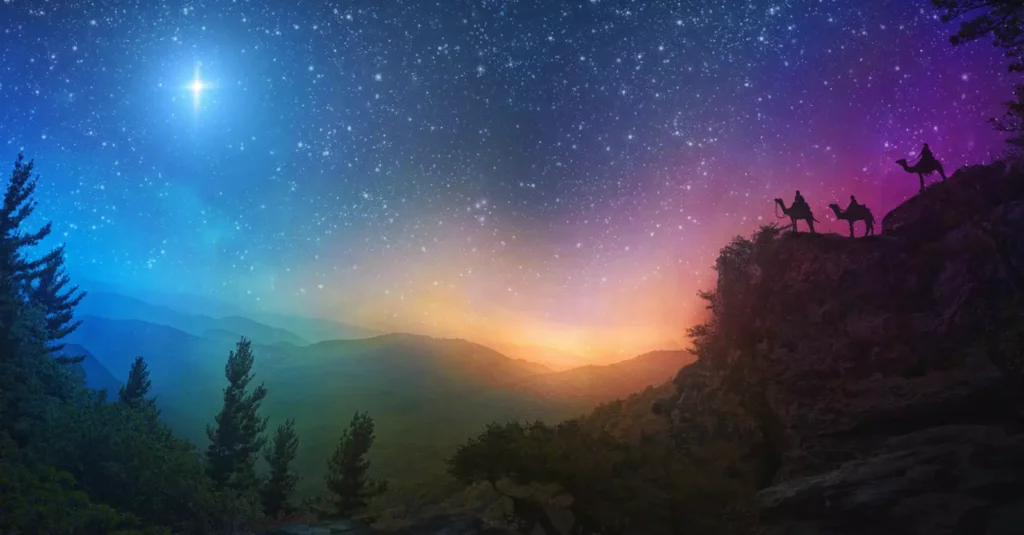
Some Scientific Facts
• The stars we see at night are all larger and brighter than our sun (which is a star).
• Our sun is a dwarf star as opposed to a giant or supergiant, which are in the old age stage of star life.
• Stars do not twinkle. It’s Earth’s atmosphere that makes them appear to.
• On a good night you can see a star about 19 quadrillion miles away.
Star Tidbits
“My stars” is an exclamation both Shakespeare and Dickens used.
When our head is hit hard, we see stars, literally. The disconnect between our retina and the occipital lobe of our brain causes flashes of light.
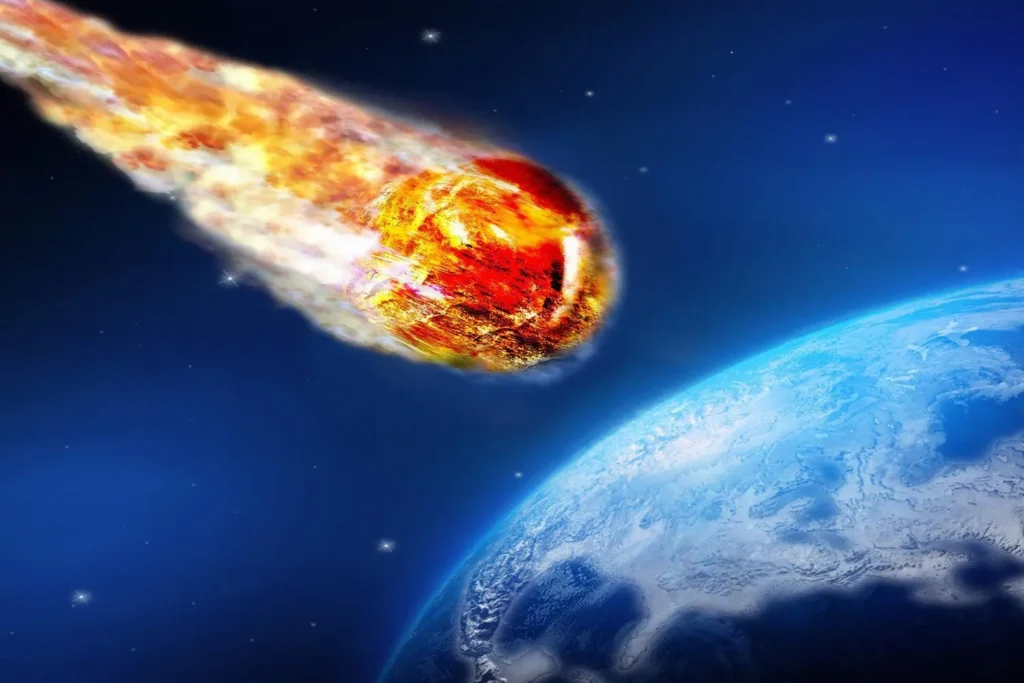
Meteors
I did some research on meteors. Although we call them shooting stars and falling stars, they are not stars. Unlike stars which are balls of burning gasses, meteors are rocks traveling through space. Before they enter Earth’s atmosphere, they are called meteoroids. In the atmosphere they are called meteors, and when they hit the Earth, they are called meteorites.
As meteors go through our atmosphere friction is caused, making the rocks give off the light and tail we see. By the time they reach Earth, not much of the rock is left.
Note: Remember, you are made of stardust! When a star exploded, its atoms of dust and gas formed planets. Because you are made from matter from Earth, elements of life, you are made from stardust.
• Have you ever experienced a meteor shower? If so, what was it like?
Here is a nostalgic piece of music: Julie Andrews singing “When You Wish Upon a Star” from the movie Pinocchio.


